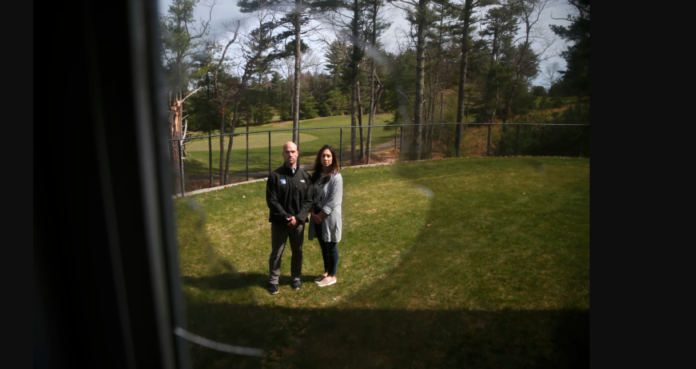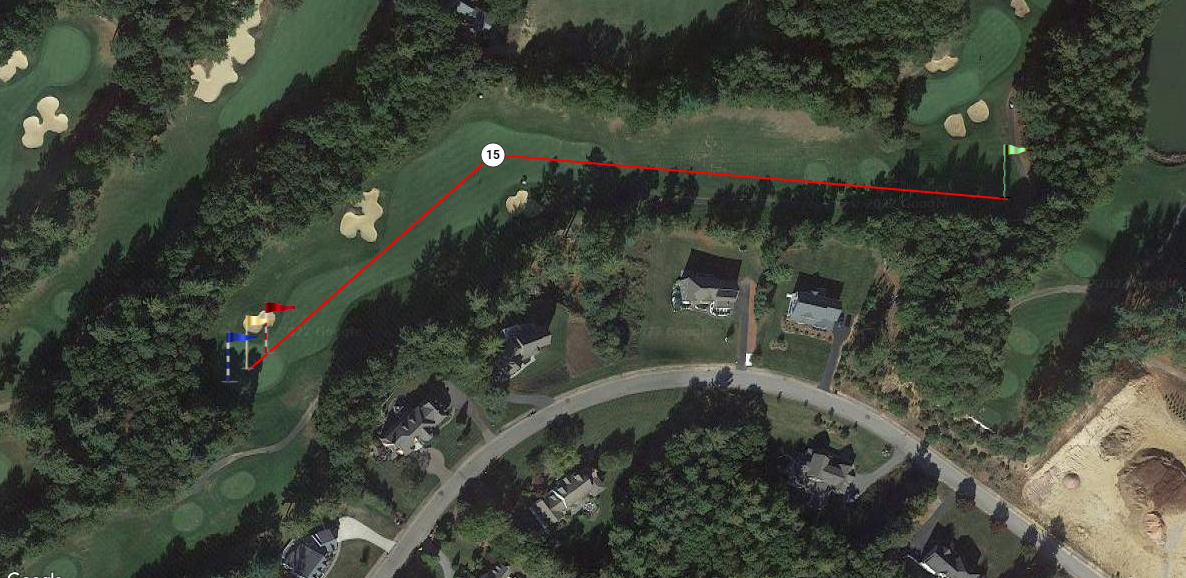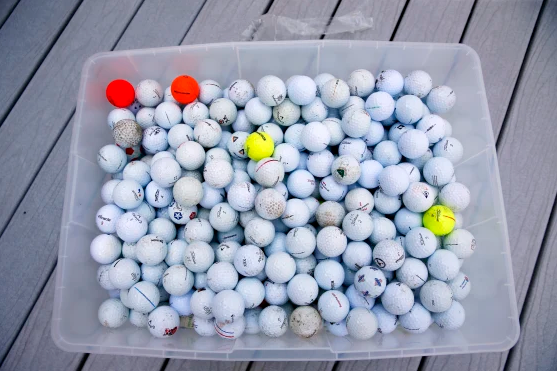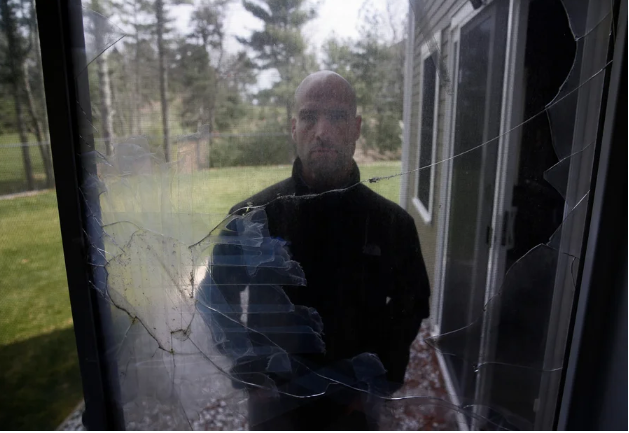
BOSTON, Mass – The Massachusetts Supreme Judicial Court has reversed a $5 million jury verdict won by a Kingston couple who said they suffered emotional harm from being pelted by hundreds of errant golf balls launched from the 15th tee of Indian Pond CC in Kingston (MA).
The SJC decision states a reversal is required due to a critical legal error by a judge who handled the trial.
The unanimous decision by the SJC was written by Justice Scott L. Kafker. The state’s highest court also ruled that the litigation between Erik and Athina Tenczar and the Indian Pond Country Club Inc. should be returned to Plymouth Superior Court where both sides can once again try to determine how many balls must hit the house before it can be considered unreasonable, at least in legal terms.

“Errant golf balls are to golf what foul balls and errors are to baseball. They are a natural part of the game. They demonstrate the difficulty and challenge of the sport even for the very best players,” Kafker wrote. “Despite practice, instruction, technological improvements, and even good golf course design and operation – disputed in the instant case – golf shots go awry, as a matter of course.”
He added: “In the instant case, a properly instructed jury are required to resolve whether the operation of the fifteenth hole, including the number of errant shots hitting the plaintiffs’ home, was reasonable.”

According to the SJC and the Tenczars, the couple purchased the home on Country Club Way in the Indian Pond Estates subdivision for $750,000 in April 2017. At the time, they knew that the home was near the club’s 15th hole at the bend of a dogleg left. Golfers trying to take a shortcut by attempting to clear a tree line would instead hit the Tenczars’ home.
Over the next several years, according to the SJC, their home where they lived with two young children was hit by 651 golf balls, eight windows were broken and damaging the house’s siding and a railing on the deck.

“Erik Tenczar testified to the mental exhaustion of worrying about golf ball strikes and his children’s safety, and his observations of his wife’s ‘hopelessness’ and his children’s fear, stress, and nervousness,” Kafker wrote. “Athina Tenczar testified that golf ball strikes interrupted her work calls and woke up her children during naps, describing the golf balls as ‘scary’ and ‘chaotic.’ Her expectations of being able to use the outdoor space at her home were unfulfilled.”
Before the Tenczar family filed the lawsuit, Indian Pond Country Club tried to find a mutually agreeable resolution and moved the tee box back on the 15th hole, which encourages golfers to follow the layout of the course instead of looking for a shortcut.

During the trial, the SJC said, Superior Court Judge William M. White, Jr. was wrong to bar the country club from sharing property records linked to the Tenczars home permitting unauthorized golf balls to land on their property during the normal operation of the golf course. The SJC said White was also legally wrong to issue a permanent injunction restricting the club’s operations.
“We conclude that the trial judge erred when he did not interpret the documents creating the covenants and restrictions as a whole and in light of attendant circumstances. When read as a whole, the documents provide that the plaintiffs’ home was subject to an easement allowing for the “reasonable and efficient operation” of a golf course in a ‘customary and usual manner,’ ” Kafker wrote. “The failure to give the proper instruction was prejudicial, the verdict must be reversed and the injunction lifted.”

Kafker described in great golf detail how the Tenczar’s and Indian Pond CC ended up feuding in court.
“If, at the tee, a golfer tried to cut the corner and hit directly toward the hole, an errant shot (241 yards from the championship tee, 217 yards from the member’s tee, and 192 yards from the middle tee) could hit the house,’’ he wrote. “There is a bunker located to the left of the landing area to discourage golfers from cutting the corner.”
EDITOR’S NOTE: Research on the USGA GHIN Handicap app under “Golfer Lookup” shows the name of “Scott Kafker” being a member at Ocean Edge Golf Club maintaining a USGA handicap index of 11.9.
On the web: IndianPondCountryClub.com
Source: Mass.Gov











Leave a Reply